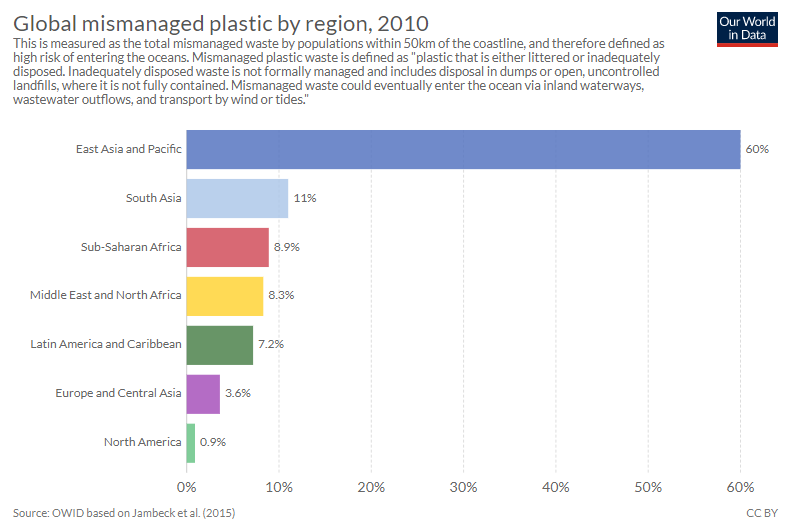Plastic Bags Save Lives, So Why are “Environmentalists” Trying to Ban Them?
Plastic bag bans and taxes have become all the rage in urban areas, as generally affluent, liberal city officials try to reduce the use of plastic bags. However, current events with the COVID-19 virus show that environmental virtue signalling by banning plastic bags could come at a large cost to public health.
According to an article in City Journal:
“The COVID-19 outbreak is giving new meaning to those “sustainable” shopping bags that politicians and environmentalists have been so eager to impose on the public. These reusable tote bags can sustain the COVID-19 and flu viruses—and spread the viruses throughout the store.
Researchers have been warning for years about the risks of these bags spreading deadly viral and bacterial diseases, but public officials have ignored their concerns, determined to eliminate single-use bags and other plastic products despite their obvious advantages in reducing the spread of pathogens.”
Advocates of banning plastic bags like to feel that the reusable fabric bags they advocate for are better for the environment, and also better for public safety. However, these feelings are not supported by scientific facts. The best-available scientific evidence suggests that reusable bags are a greater threat to public health than plastic bags.
“The COVID-19 virus is just one of many pathogens that shoppers can spread unless they wash the bags regularly, which few people bother to do. Viruses and bacteria can survive in the tote bags up to nine days, according to one study of coronaviruses.”
“The risk of spreading viruses was clearly demonstrated in a 2018 study published in the Journal of Environmental Health. The researchers, led by Ryan Sinclair of the Loma Linda University School of Public Health, sent shoppers into three California grocery stores carrying polypropylene plastic tote bags that had been sprayed with a harmless surrogate of a virus.
After the shoppers bought groceries and checked out, the researchers found sufficiently high traces of the surrogate to risk transmission on the hands of the shoppers and checkout clerks, as well as on many surfaces touched by the shoppers, including packaged food, unpackaged produce, shopping carts, checkout counters, and the touch screens used to pay for groceries. The researchers said that the results warranted the adaptation of “in-store hand hygiene” and “surface disinfection” by merchants, and they also recommended educating shoppers to wash their bags.”
The potential for reusable bags to spread harmful bacteria or viruses depends largely on the willingness of the bag owner to wash the bags, something almost no shoppers ever do, and the environment in which the bags are used. City Journal reports that those who use public transit could be at particularly high risk of spreading contagions through the use of reusable bags:
“Brooklyn activist, Allen Moses, warned that shoppers in New York City could be particularly vulnerable because they often rest their bags on the floors of subway cars containing potentially deadly bacteria from rats—and then set the bag on the supermarket checkout counter. Yet public officials remain committed to reusable bags.”
Given the fact that Clorox bleach wipes are currently unavailable at virtually every retail outlet, this is a good time to reflect on the fact that plastic bag bans come at the cost of public safety. What’s more, the perceived benefits of plastic bag bans are often overstated, because the vast majority of plastic waste that makes its way into the environment comes from developing countries, not the United States.

By outlawing the most sanitary option for moving our groceries from Point A to Point B, elected officials are increasing the odds that an improperly washed reusable bag can spread contagions. This may not have negative impacts when the press conference for Ban the Bag is held, but science has shown it materially increases the risk of spreading viruses and bacteria.